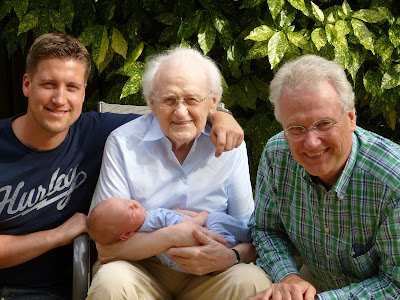One should never let anxiety or superstition cloud their
ability to stay healthy. Colorectal
cancer screening colonoscopies save lives by removing precancerous polyps
before they turn into cancer.
The procedure is covered by the vast majority of insurances and can be done with open access scheduling. In addition, the procedure is safe and comfortable, and can be used to diagnosis other problems in the colon before they cause problems in the future.
If the thought of a colorectal cancer screening colonoscopy gives you anxiety or you are unsure if you need one, have a consultation with a Gastroenterologist as soon as possible.
The procedure is covered by the vast majority of insurances and can be done with open access scheduling. In addition, the procedure is safe and comfortable, and can be used to diagnosis other problems in the colon before they cause problems in the future.
The
best way to prevent colorectal cancer is to get a colonoscopy! In addition,
individuals should also:
- Watch their weight
- Eat lots of vegetables, fruits, and whole grains
- Get regular exercise
- Stop smoking
- Limit alcohol intake
If the thought of a colorectal cancer screening colonoscopy gives you anxiety or you are unsure if you need one, have a consultation with a Gastroenterologist as soon as possible.







